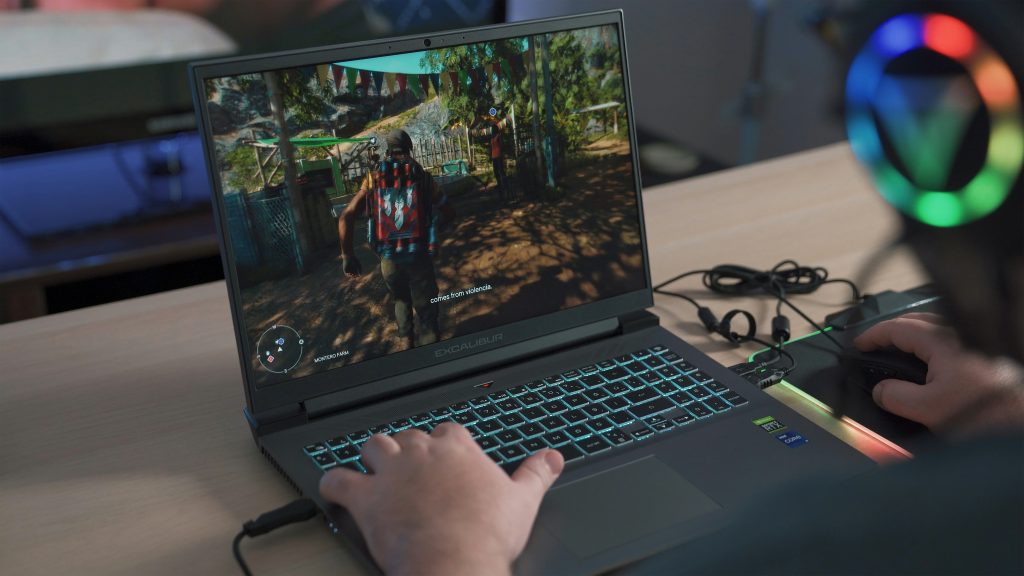Whether you’re just starting out or have been gaming for years, improving your gameplay is always a goal for most players. From honing your skills to optimizing your setup, there are countless ways to enhance your gaming experience and performance. In this blog, we’ll dive into practical tips and tricks for both beginners and pros, helping you level up your gaming skills and get the most out of every session.
1. Start with the Basics: Master the Fundamentals
For Beginners:
- Learn the Controls: Familiarize yourself with the controls of the game you’re playing. This might sound simple, but mastering the basics will give you a strong foundation. Spend time in the game’s tutorial or practice modes to get comfortable.
- Understand the Objectives: Each game has its own set of rules and objectives. Whether you’re playing a first-person , a strategy game, or a role-playing game (RPG), understanding the core goals of the game is crucial to progressing.
- Focus on One Game at a Time: As a beginner, it’s easy to get distracted by multiple games. Instead, focus on one title and try to master it before moving on to others. This allows you to really learn the ins and outs of that game.
For Pros:
- Refine Your Mechanics: Even for seasoned players, there’s always room for improvement. Focus on refining basic mechanics like aiming, timing, movement, and reflexes. These small tweaks can drastically improve your overall gameplay.
- Adjust Settings for Optimal Performance: Many experienced gamers fine-tune in-game settings (such as sensitivity, key binds, and field of view) to suit their style. Fine-tuning can give you a competitive edge by making you feel more comfortable during gameplay.
2. Sharpen Your Reflexes and Focus
For Beginners:
- Practice Reaction Times: Games, especially action-packed titles, require quick reflexes. To improve reaction times, try reflex training apps or play fast-paced games like Super Mario Bros or Geometry Dash to get your brain accustomed to quick decision-making.
- Limit Distractions: If you’re playing at home, make sure to minimize distractions. Whether it’s muting your phone or playing in a quiet room, focus is key to improving gameplay.
For Pros:
- Train with Aim Trainers: Many professional players use aim training software like Kovaak’s FPS Aim Trainer or Aim Lab to improve their aim precision and accuracy. Even if you’ve been gaming for years, consistent practice with these tools can help you stay sharp.
- Mindfulness and Mental Focus: Pro players often rely on mental conditioning, such as visualization techniques and mindfulness, to maintain focus during high-pressure moments. Incorporating these strategies into your practice routine can help you stay calm and perform under pressure.
3. Improve Your Strategy and Game Sense
For Beginners:
- Watch Tutorials and Guides: There’s a wealth of information online, from YouTube tutorials to strategy guides. Watching experienced players or reading guides can provide insights into tactics you might not have thought of on your own.
- Learn from Mistakes: Don’t be discouraged by losses. Analyze your mistakes and figure out how you can improve next time. This mindset is essential for progress.
For Pros:
- Study the Meta: For competitive games, understanding the current meta (most effective tactics available) is crucial. Keep up with patch notes, community discussions, and professional tournaments to understand the strategies that are currently dominating the game.
- Adapt and Evolve: As a pro, it’s important to adapt to new tactics and strategies that emerge. Don’t fall into a routine—always seek new ways to improve your game sense, whether it’s by watching your replays, seeking feedback from peers, or experimenting with new playstyles.
4. Optimize Your Gear and Setup
For Beginners:
- Start with the Basics: You don’t need the most expensive gear to improve your gameplay. Start with a comfortable mouse, keyboard, or controller that suits you. A decent gaming headset can also help you hear in-game sounds and communicate effectively with teammates.
- Ergonomics Matter: As you spend more time gaming, comfort becomes essential. Ensure your chair and desk are at the right height, and that your hands are comfortably placed on your controls. This will reduce strain and improve your gaming experience.
For Pros:
- Upgrade Your Setup: Professional gamers invest in high-quality gear to get the edge. Consider upgrading your mouse, keyboard, and headset for faster response times, precision, and comfort. A high refresh rate monitor (144Hz or above) can also improve gameplay by providing smoother visuals and reducing motion blur.
- Optimize Your Internet Connection: Lag is a major issue for competitive gamers. Use a wired Ethernet connection for a stable, high-speed internet connection. Additionally, consider investing in a gaming router that prioritizes gaming traffic to reduce latency.
5. Stay Consistent and Take Breaks
For Beginners:
- Practice Consistently: The more you play, the better you’ll get. Try to dedicate a certain amount of time each day or week to practice. Over time, you’ll see improvements in your reflexes, strategy, and game sense.
- Avoid Burnout: Don’t spend hours on end gaming without breaks. Short breaks help keep your mind fresh and prevent frustration, allowing you to maintain focus for longer periods.
For Pros:
- Avoid Overtraining: While consistency is key, overtraining can lead to burnout and poor performance. Even professional gamers take breaks between intense training sessions to rest and recharge mentally and physically.
- Maintain a Healthy Lifestyle: High-level gaming demands mental and physical endurance. Professional gamers often maintain healthy lifestyles, including regular exercise, proper sleep, and a balanced diet, to stay sharp.

